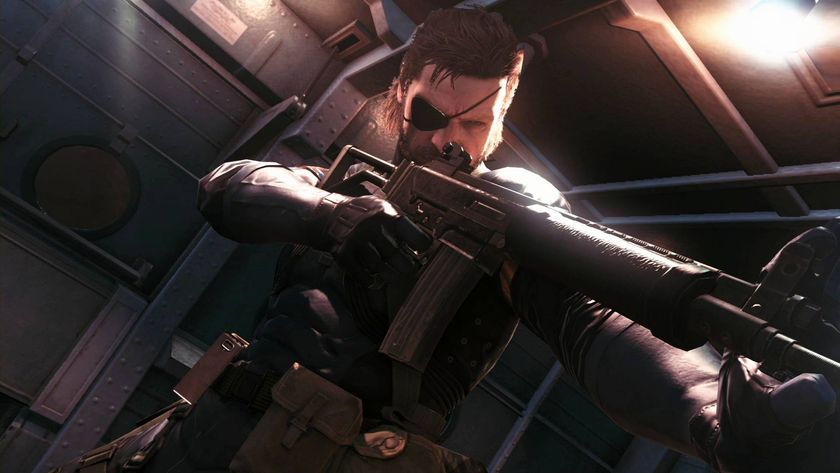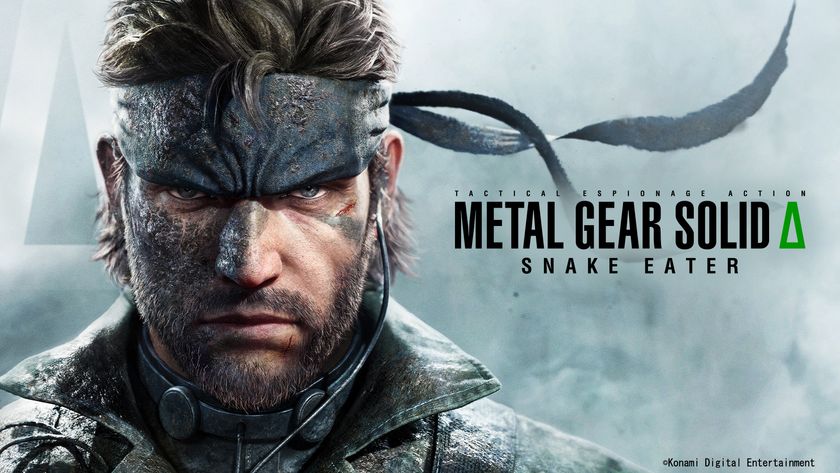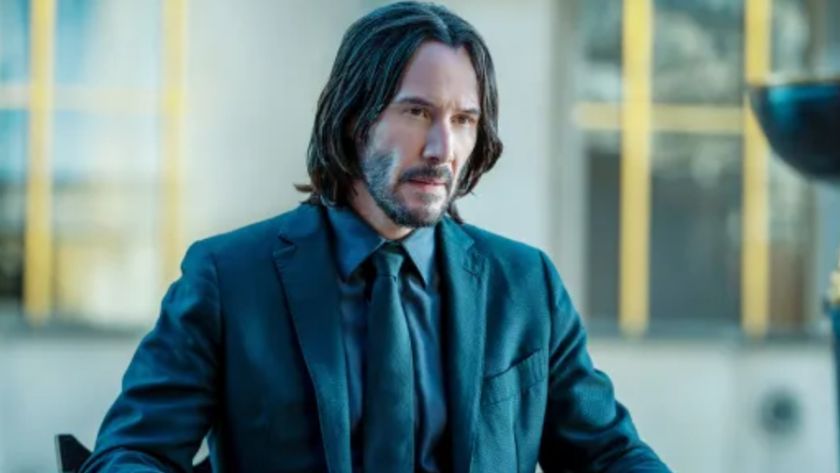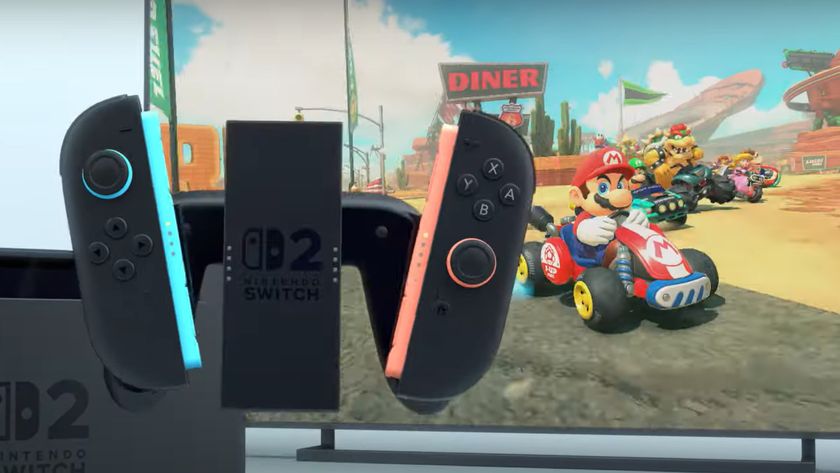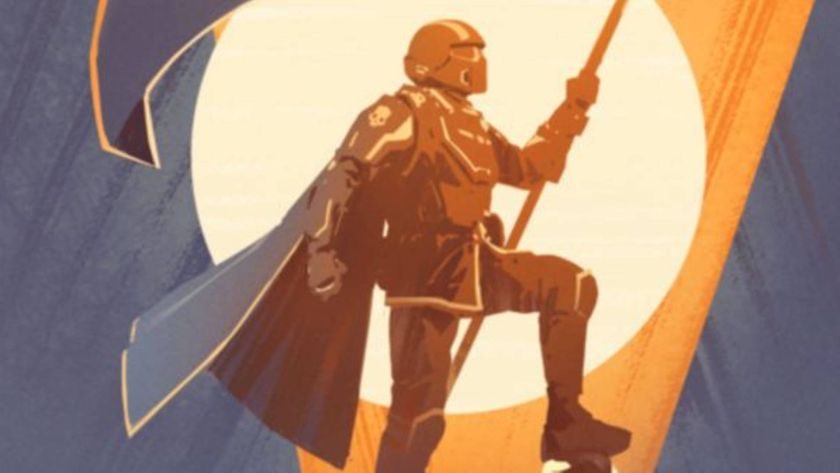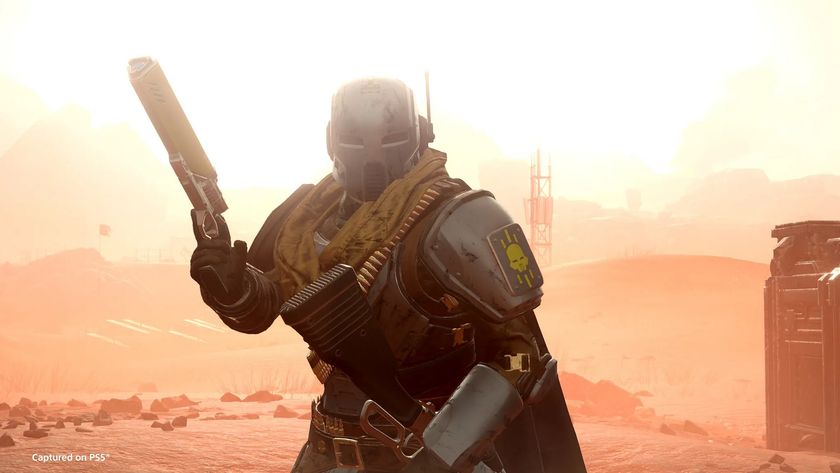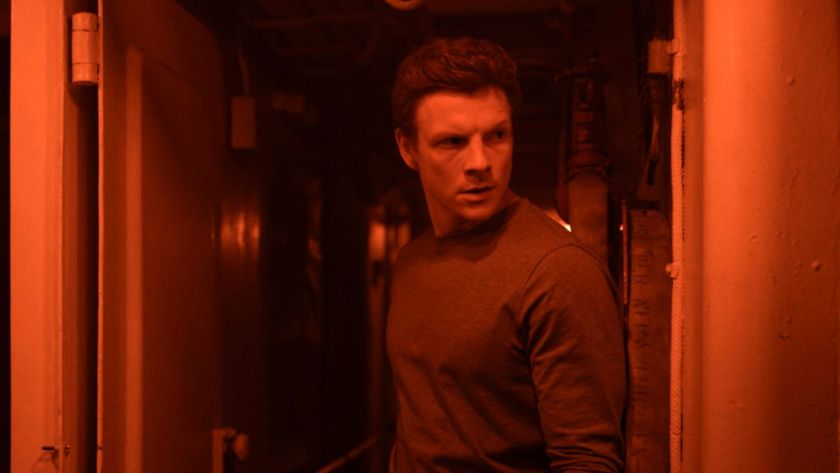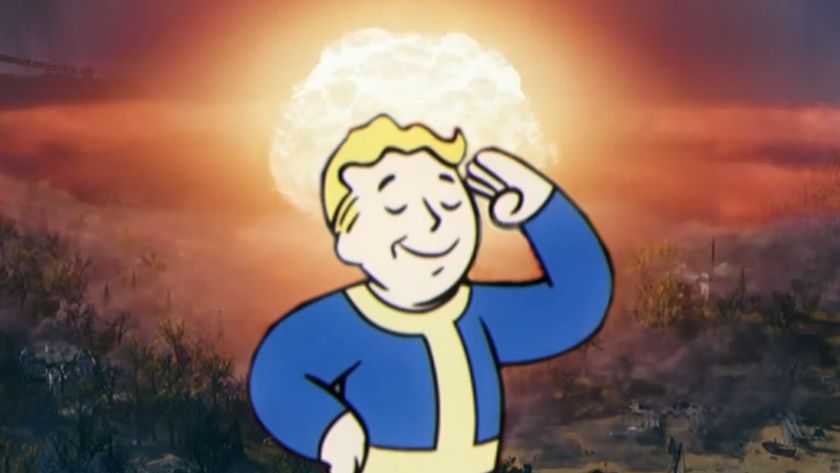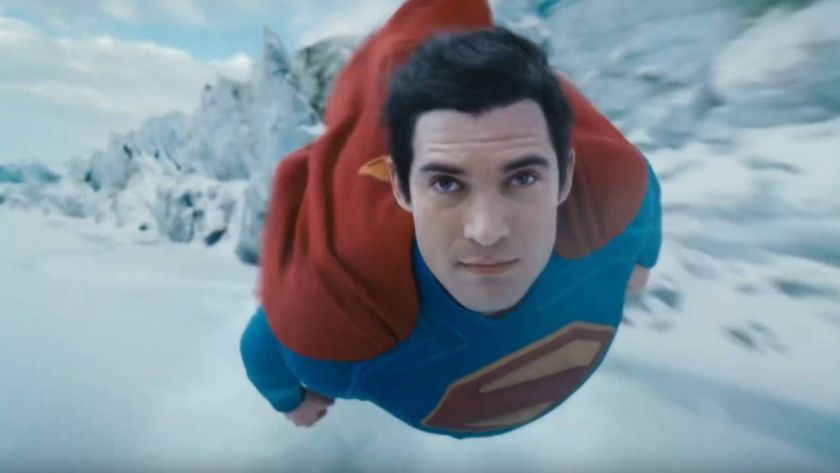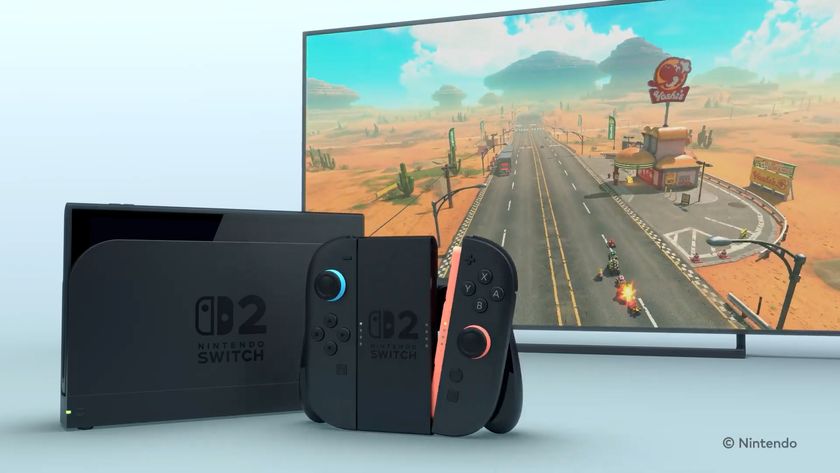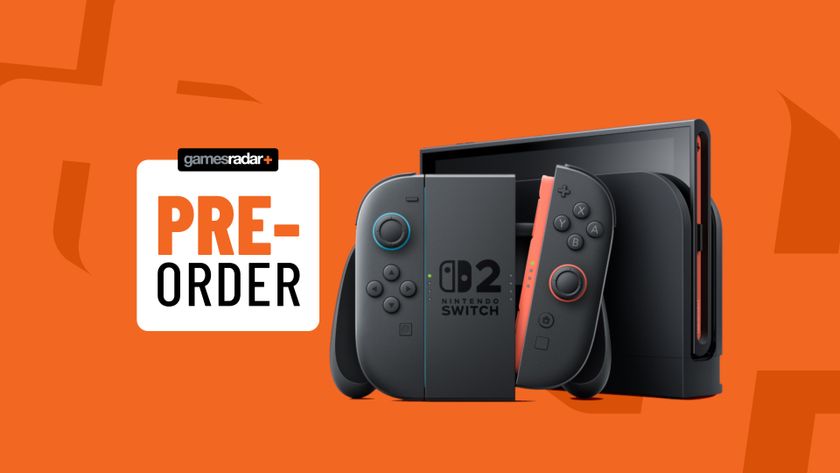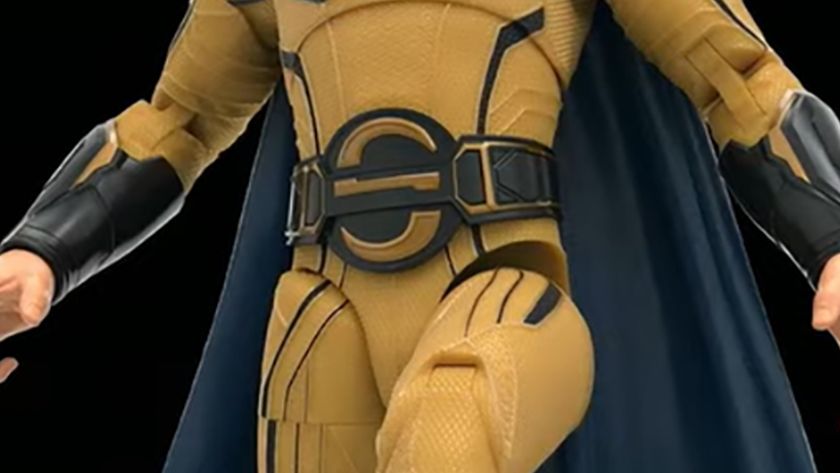Lead Metal Gear Solid artist explains how his Hiroshima upbringing shaped the stealth icon
The area's anti-war sentiment can be appreciated throughout the stealth action series
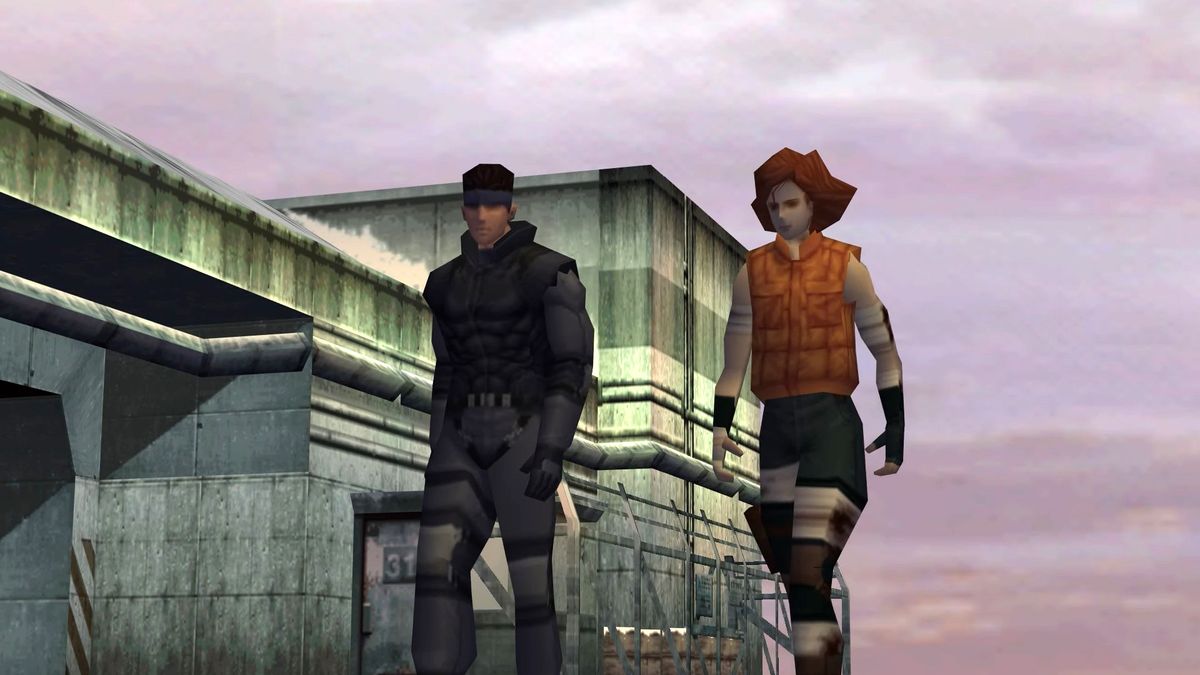
Metal Gear lead character and mecha designer Yoji Shinkawa grew up in Hiroshima, Japan, and he recently revealed how the city ultimately impacted his involvement with the stealth action series.
Shinkawa opened up about how residing in Hiroshima prefecture (specifically, a city called Fukuyama), affected his work on the Metal Gear series in the latest issue of Edge.
During a lengthy interview that touched on everything from Shinkawa's childhood to how his workflow has changed since the beginning of the pandemic, the prolific artist reflected on how living near Hiroshima colored his personal views.
"I grew up staring into space, which I still do today," Shinkawa said of his early days spent in Fukuyama. "My relatives lived near the city center, though; their house was located within range when the atomic bomb was dropped. But their town was tucked behind this mountain, and they were saved from the blast."
Now, that particular area is "all new," Shinkawa notes, though previously it remained intact, a rarity for Hiroshima when he was a young child. He went on to discuss how he would see people on trains often who "looked like they were victims of radiation exposure."
"Education in Hiroshima was very focused on anti-war sentiment, so yeah, it was something I was familiar with," he explains. "Working on Metal Gear felt worthwhile and valuable to me because the theme of it is anti-war and anti-nuclear weapons. It was very fitting for me, and I could feel that in my heart."
Anti-war sentiment has been a staple of the Metal Gear franchise since its inception. Additionally, nuclear disarmament is a pivotal tenet of Metal Gear Solid 5: The Phantom Pain, which features a special achievement and cutscene that may only be triggered once all players dispose of their nuclear weapons.
Sign up to the 12DOVE Newsletter
Weekly digests, tales from the communities you love, and more
"Things you experience in your childhood stay with you more than you think," Shinkawa adds.
Currently, the future of the Metal Gear franchise is murky. But if it does continue with a new core entry at some point, it's a safe bet we'll likely see Shinkawa at the center of it, bringing the hope from his childhood along with him.
Want more Metal Gear? Check out our Metal Gear Solid 6 wishlist for what we'd love to see in the game, if it ever comes to fruition.

